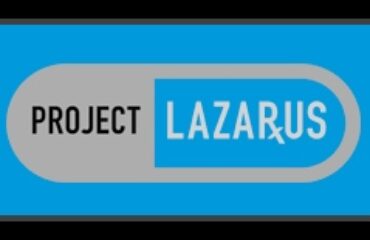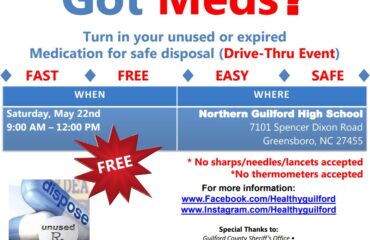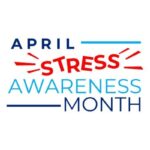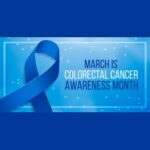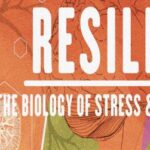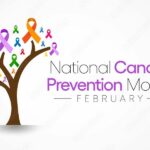The Road To A Drug Free Life Includes Lifestyle Balance
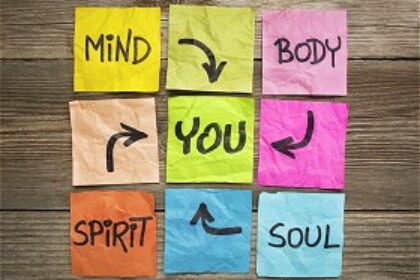
Much has been written over the years about the process of living drug free and maintaining a sober life. Alcoholics Anonymous and Narcotics Anonymous were among the earliest programs that provided its members a path to freedom.
Throughout recovery literature are detailed accounts of recovering addicts who learned that drinking and drugging were actually only part of the problem. Both the AA and NA text address the need for recovering people to learn about lifestyle balance. “Learning to live” is what encompasses all the other things which make staying drug free a long term possibility.
Addiction treatment and 12 Step programs are a about self-reflection and change. As recovering people become sober, they are encouraged to look at their friendships, the way they deal with their own thoughts & feelings, as well as their need to develop support and a more rational approach to working through life’s challenges. For many in the early phase of recovery, they recognize that their life and priorities became very unbalanced. Loved ones and personal ambitions took a backseat and became secondary to drinking and drugging. For most addicted people, responsibilities were postponed and eventually disregarded as the process of addiction took over.
Regaining balance in one’s life does not happen by accident. It too is a process of gradual change that is built back into a recovering person’s life one step at a time, one day at a time. For the addicted person new to recovery, facing the damage of their past can feel overwhelming. Trying to “fix” everything all at once rarely works and usually derails one’s progress due to the too much too soon concept. A popular daily mediation book once emphasized the benefit of taking on life in “bite sized pieces”. Repairing one’s past and establishing a new balance in life are best pursued just a little at a time.
But where do I start? What’s most important? There are many questions in early recovery. And it can feel confusing trying to sort out one’s own feelings while attempting to meet the responsibilities of the day which had been pushed out of sight often for years. In AA, they say “keep it simple”. In treatment, clients receive help in identifying what is most important to them and which initial steps make the most sense in rebuilding one’s life. Having the objective support and input of concerned others can be very helpful when evaluating choices and important decisions.
With support, time in recovery, and the opportunity to better oneself – lifestyle balance starts to become a reality. Balance is different for each person, but includes allocating one’s time and energy to things that improve one’s quality of life and daily outlook. Below are some early practices that often facilitate lifestyle balance and support a new start:
- Associating with caring, supportive people in recovery who value sobriety.
- Adopting a schedule that includes adequate sleep and better eating habits.
- Resuming any important medications necessary for mental or physical health.
- Attending meetings, treatment sessions, reading recovery literature.
- Disconnecting as fully as possible from high risk people and situations.
- Learning to be proactive in coping with urges to use. This means reaching out for immediate assistance before cravings get strong.
- Setting a few simple goals each day as opposed to sitting idle with no plan. Remember, addiction is often fueled by isolation and inactivity.
This list goes on. But this is a good thing. Each person is unique and will adopt the practices and focus that helps them to regain balance in their life. Balance is the result of making small changes day after day. For those individuals interested in recovering, connect with other people who will encourage you being clean and sober and who have something positive to offer. The answers come in time and the picture clears with each new day drug free. The most important step is the very first one. Be willing to change and ask for help!



